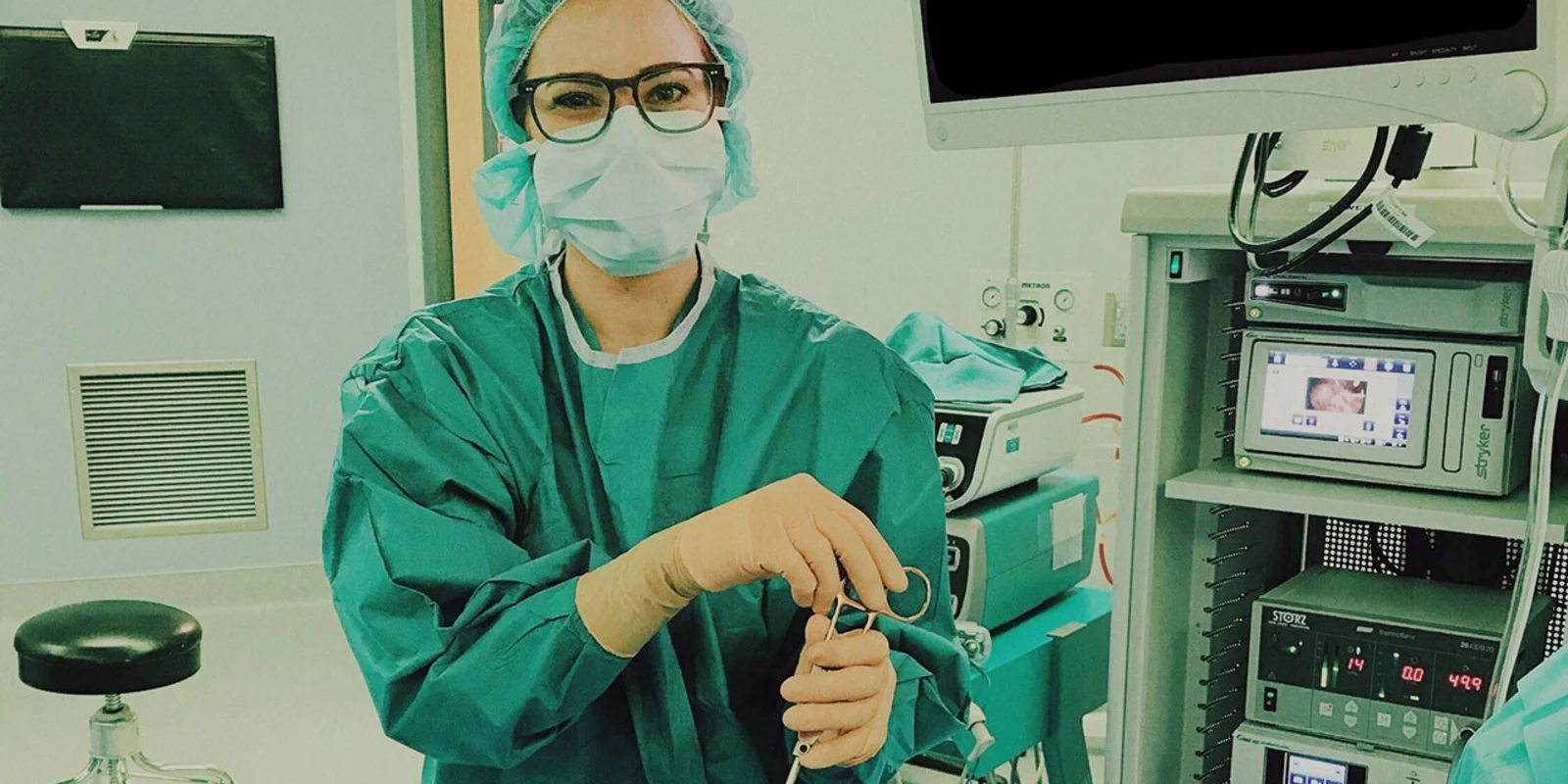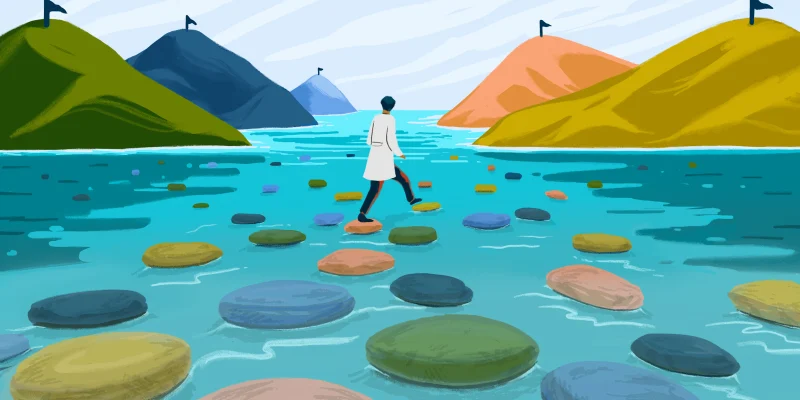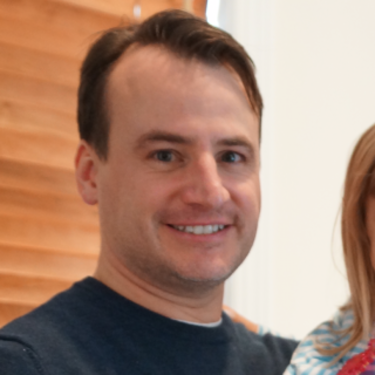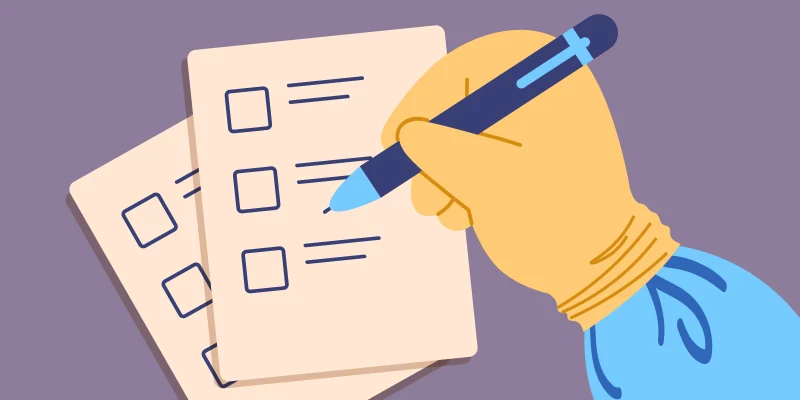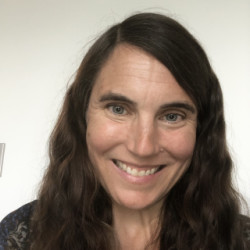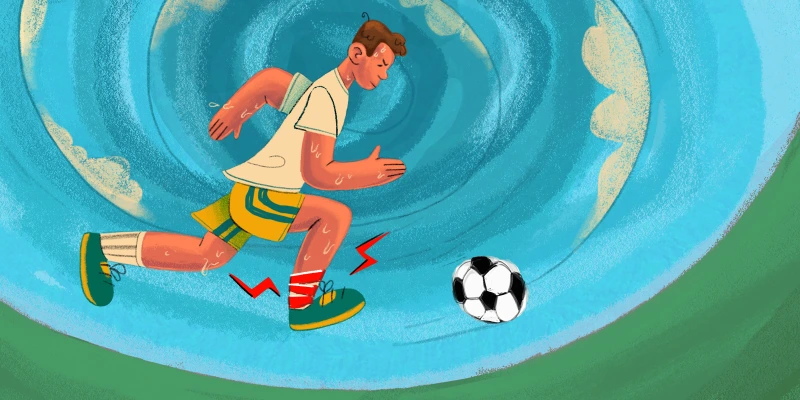
Name: Natalie Wall
Medical School: University of Utah
Year: Second Year
1. What is your #1 study tip?
Do whatever works for you. Upon starting school I remember feeling so overwhelmed with all of the different apps/programs/study tools the upperclass students insisted were necessary for success. Some of them were more useful than others — and what works for me doesn’t work for everyone. If it got you into medical school it will probably get you through it ;) Personally, I’m a huge fan of Anki — the spaced-repetition keeps my brain current on older material that I’d have otherwise forgotten.
2. How do you keep yourself motivated or get out of study ruts?
Two things: rock climbing and art. Taking a step back to focus on my mental wellness is something I prioritize into my schedule — whether it’s a quick one-hour climbing session to break up a 10 hour study day, or dedicating an entire afternoon to finishing a painting.
3. What technology is essential to your study routine?
I adhere to the no-class regimen, as I find I study better on my own. So I sit in a coffee shop and stream lectures. I use a two-screen setup that consists of a laptop (for watching lecture) + iPad/bluetooth keyboard for simultaneous note-taking. I found keeping digital notes to be the most effective way to stay organized. And then, of course, Anki for flashcard review.
4. What podcast would you recommend to all medical students?
I really love EM Basics. It’s meant for students, and walks through common chief complaints and possible differential diagnoses. While it’s tailored to acute presentations in the ED, I think there are some great pearls for students interested in any field (not to mention, any podcast on hyperkalemia is the perfect remedy for insomnia).
5. What do you think you were least prepared for going into medical school?
The amount of money spent on coffee. Oh, and the volume of material you’re expected to learn on the daily.
6. What would your classmates be most surprised to learn about you?
Hmm, that’s a tough one. I trained with a cirque school and performed in acrobatic shows for a couple of years — ha!
7. What would you be doing if you weren’t in medical school?
Getting my PhD in mathematics, or something super nerdy like that.
8. Who are your mentors?
Oh my, I’ve been lucky enough to have quite a few incredible role models in medicine. My all-time favorite is this salty old ER doc (only one of those two descriptors is true..) who has relentlessly put up with me crashing a shift just about every other week since the beginning of time. True endurance! And the bariatric surgeon who taught me how to scrub, and is as motivated about getting me into the OR as I am. And the cardiologist who taught me where the heart was. My cup runneth over.
9. What is the most important lesson you’ve learned so far in medical school?
You can learn from anyone: doctors, nurses, PAs, EMTs, and most importantly patients. Breaking down the mental barriers of hierarchy is the first step to truly growing in your medical education. And, you know, be-nice-to-everyone. Sadly this common sense isn’t always so common.

10. How are the topics of burnout, wellness, and work-life balance addressed at your school?
There’s a student wellness group that sends out biweekly emails and hosts events such as pre-class hikes (our school has trails out the backdoor) and lunch sessions. Our faculty is also pretty committed to getting to know each student individually. But at the end of the day, I’d argue that the most effective form of support is classmates looking out for one another.
11. How can medical students better support each other inside and outside of the classroom?
Keep an eye out for colleagues that might be having a rough time — checking-in if someone seems down that day, and making sure people realize you’re there for them if they need to talk. Medical training can be so isolating. It’s important to feel like you have “your people” that understand exactly what you’re going through, because there will be hard days (or weeks or months..or years).
